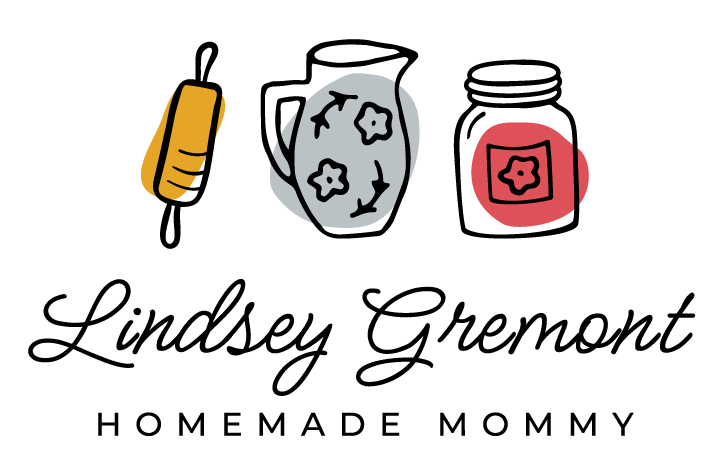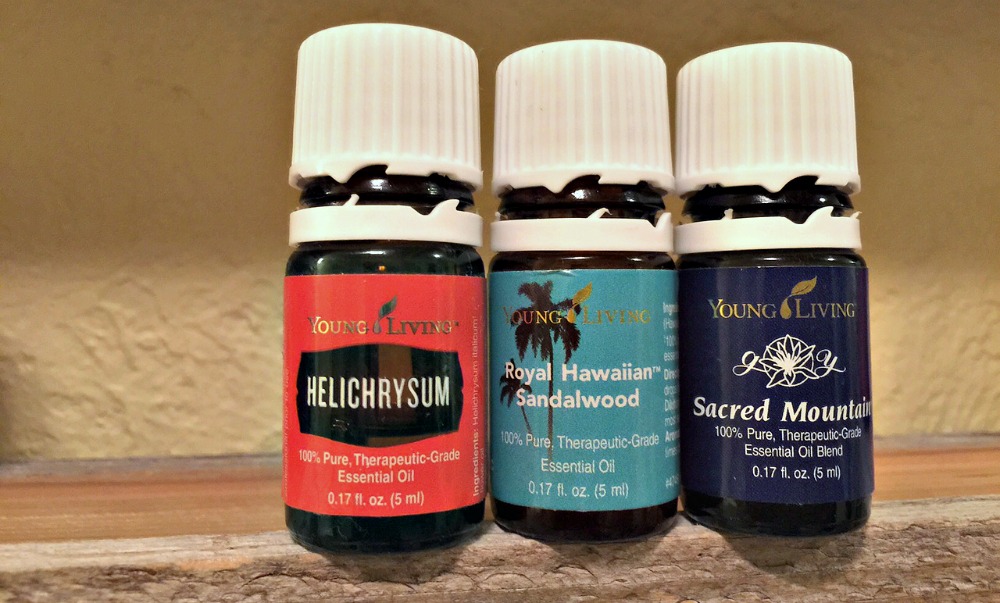Do you have a good eye?
When you encounter someone who complains or says something unkind to you or about someone else, what do you believe is underneath that curse? I asked this to a few folks in a group I run and many answered this way: Fear and insecurity. I used to be this person. And I wondered why people didn’t want to be around me.
Fear is all over this week’s Hebrew Bible reading: Va-‘era’. If you are following along with me this is Exodus 6:2 – 9:35. G-d tells Moses that He is going to ‘harden Pharaoh’s heart.’ Moses is told this yet still complains to G-d when he sees it play out. He simply doesn’t understand why this is happening and clearly isn’t in a place where he has stepped out in faith that G-d’s promises will be fulfilled. Moses is not yet the big leader everyone makes him out to be later in his life. He is still walking in fear himself; afraid of what he must do in negotiating between these two forces: G-d and Pharaoh (who thinks he is a god).
Why does G-d harden Pharaoh’s heart?
If G-d is all powerful, why not just release the Jews out of Egypt Himself and in a hurry?! Why take them through this extra and enhanced suffering? The key might lie in thinking about this story in a different way. What might change in our hearts if we knew there was a Pharaoh within each of us? That each of us has an ‘evil inclination’ shedding a dark cloud over all that we do?
The evil eye vs. good eye
Fear of the unknown, fear of hearing the truth, fear of speaking out and just plain FEAR of living the life we should all come into play this week. We learn here that we must become the negotiator daily between the Pharaoh or ‘evil eye’ and the light within our soul (which comes from G-d). When that little voice creeps up to tell us we aren’t worthy of our spouse or that we aren’t a good mother, we must negotiate our freedom from it. All too often we simply simmer our anger below the surface only for it to come out as negativity. We tell people we are tired and busy and we commiserate over our litany of complaints about our lives. That our baby didn’t sleep the night before. That our husband works too much. That we have to clean up after everyone and get no help. We have no idea what each day holds for us because we simply live in reactive mode…waiting for life to come at us. It seems only too fitting that the place we apply Sandalwood for Fear is right smack between our eyes on the ‘3rd eye’ while praying for the ability to face the unknown with faith and awareness. A Hasidic master, the Ba’al Shem Tov, used to say:
Man was given two eyes, so that with one, he should see his own faults, and with the other, he should see the virtues of others.”
Unfortunately today we see our own virtues and the faults of others. So of course the Pharaoh within rears his ugly head and we feel dissatisfied and victimized and our relationships are full of bitterness and resentment. We feel our lives ‘plague’ us (no pun intended of course) and are full of things we do not want to do. We complain about the things we need to do in our everyday lives like the laundry or washing dishes. We fear speaking out for what is right and true and in giving voice to the ‘good eye’ in ourselves and in others. Instead we criticize and complain as did Moses, having grown up in Pharaoh’s household with all of its material possessions. Speaking out for what is right and what is truth requires a notion of ‘free will’; something Moses didn’t have. Do we have ‘free will’ in the here and now? Or are we still enslaved by Pharaoh, the evil eye in our own hearts and minds? Our collective behavior is reminiscent of the Book of Job 2:9:
His wife said to him, “You still keep your integrity? Curse G-d and die!”
What Job’s wife is saying is in response to Job’s unending litany of complaints. Just die already since you do not see G-d’s blessings in your life! Later Job is redeemed and realizes what he has done and says to G-d in Job 42:1-6:
I know that You can do everything, that nothing you propose is impossible for You. Who is this who obscures counsel without knowledge? Indeed, I spoke without understanding of things beyond me, which I did not know. Hear now, and I will speak; I will ask, and You will inform me. I had heard of you, but now I see You with my eyes; Therefore, I recant and relent, Being your complete whole servant.”
What Job finally understands (and spoiler alert: Moses does as well as he grows as a leader) is that this perceived ‘free will’ is not our own, but G-d’s. It is only with G-d’s mercy we are free. Sacred Mountain can be applied to the throat while praying for the ability to succumb without fear to G-d’s will for each of us – the suffering and failures as well as the successes.
If we listen to the good eye within our soul (G-d) and lift up and encourage and see the good in everyone around us, we will be available to truly SEE the truth and the blessings all around us. Seeing the good literally enables us to trust in G-d’s will for us and it likely isn’t success in the Hollywood kind of way we are led to believe.
Interesting to note that Helichrysum, as an excellent essential oil supporting the circulatory system, is also an oil for mitigating our fear of hearing this truth. The first plague brought on the Egyptian people was turning the Nile river into a river of blood. The purpose of this first plague, as some commentary raises, is to bring all of the Egyptians into this conflict by making their blood start to bubble. They can no longer say this is something happening only between their Pharaoh and G-d. They are now involved in seeing first hand the truth. In order to truly overcome our Pharaoh’s, we must not only release our fears but also change how we speak.
What kind of eye do you have?
I pray we can all SEE and also SPEAK of the good in our lives and in the people we encounter instead of hardening our hearts like Pharaoh did.
Oils Recap
All oil references to emotions are from this book. I use this book in a variety of ways and explain how in this video.
- Sandalwood for Fear. The other side of Fear is Faith and Awareness. Say “I face the unknown” while applying a drop of Sandalwood to the 3rd eye (in between your eyes).
- Sacred Mountain for Fear of Speaking out. The other side is Free Will. Say “Not my will, but Thine” while applying Sacred Mountain to the throat.
- Sacred Mountain for Fear of the Unknown. The other side is Knowingness. Say “Listen to your heart” while applying Sacred Mountain to the back of the skull.
- Helichrysum for Fear of Hearing the Truth. The other side is Listening to G-d. Say “I trust” while applying Helichrysum to your ear lobe.


I think overall this article is very good and I appreciate your biblical knowledge and sharing it. I don’t understand though why when refering to God you write His name as G-d? I feel it takes away from God and who He is etc. I also think as a Christian, that the 3rd eye is a new age concept that i cannot embrace and do not find biblical backing for it. I am a believer in Jesus Christ and salvation by none other then Him. He is the Way, the Truth and the Life and no one comes to the Father (God) except by Him. I do use Essential oils and believe in there healing power that is God given seeing that they are natural and plant bases etc. I also think we can take to an extreme in correlating certain oils for certain emotional healing and that complete healing can come by the power of the Holy Spirit.
I am Jewish. These are all commentaries on the Hebrew Bible which are the foundation of the New Testament. Jews do not write the name of G-d traditionally because it may be destroyed and we do not seek to own G-d with a ‘name’ as G-d cannot be owned by man and we do not want to take His name in vain. Thank you for your comments and glad you are enjoying the content. Have a wonderful day!